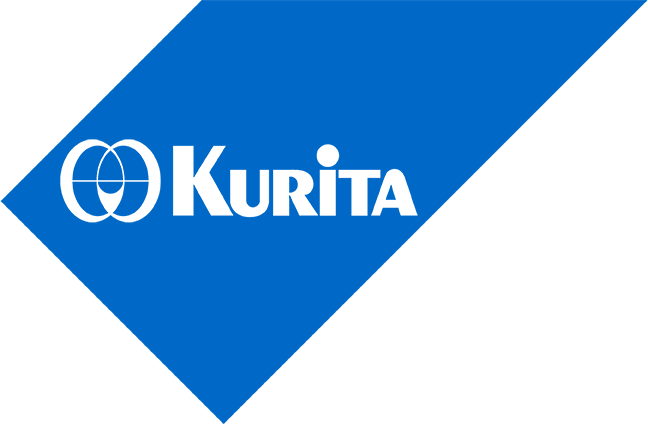Membrane treatment for total dissolved solids (TDS), like reverse osmosis (RO) and nanofiltration (NF), incidentally lowers hardness and alkalinity in the process. Without further treatment, membrane permeate can be extremely corrosive to downstream environments. Remineralization, the addition of hardness and alkalinity back into the water, prior to distribution can be a successful means of reducing this corrosion potential.
Remineralization options include chemical feed, lime feed, and calcium carbonate dissolution. Chemical feed has a lower capital cost but can have higher operating expenses, and maintaining a suitable dose can be difficult without overfeeding. Using lime is messy, and it is considered a more costly option. Calcium carbonate dissolution using calcite provides easy operation with little need for process monitoring and is roughly half the cost of lime.
Treatment begins as water enters the pressure vessel and encounters the fixed bed of calcite. The corrosive membrane permeate dissolves the calcite particles, neutralizing the water.
Calcite, which is crushed limestone, is contained in a pressure vessel as a fixed bed of particles where it encounters the corrosive water. Such equipment, known as a calcite contactor, is gaining popularity in the United States as a cost-effective and easy-to-use option for remineralization. As an industry leader, Tonka Water, a Kurita brand, pioneered the development of quality contactors to address this need.
The community of Craven County, NC, needed to treat the corrosive permeate as part of a new RO membrane system. Tonka Water, a Kurita brand, provided a calcite contactor system in horizontal pressure vessels configured with isolated cells to provide redundancy. Treated permeate from the RO membranes enters the pressure vessels via the underdrain, flowing upward through the bed of calcite. As the low pH, low alkalinity, and low hardness water comes into contact with calcite, it slowly dissolves the calcite particles until equilibrium is reached. This brings the appropriate amount of hardness and alkalinity into the treated water while restoring a neutral pH level. This process has been highly effective in providing remineralization of the permeate prior to distribution.
Contact us for more information about design conditions or additional information.
Utilizing Calcite or Limestone Contactors for Remineralization Downstream from Membrane Treatment

